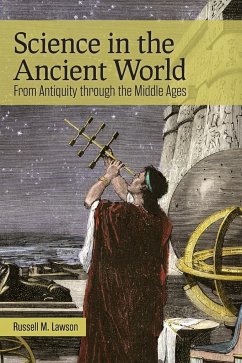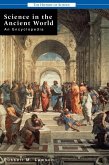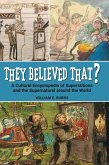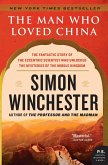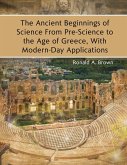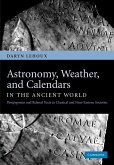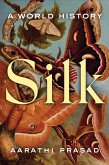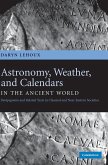Science in the Ancient World presents a worldwide history of science, from prehistoric times through the medieval period. It covers Europe, Africa, Asia, and the Americas and includes topics ranging from alchemy and astrology to psychology and physics. This work spans prehistory to 1500 CE, examining thousands of years of history in four world regions: Asia, Africa, Europe, and the Americas. Highlights of this period include the onset of civilization and science in Mesopotamia and Egypt, the accomplishments of the ancient Greeks between 700 BCE and 100 CE, the adaptation of Greek science by the Romans, the spread of Greek science during the Hellenistic Age, the expansion of Islamic power and commensurate scientific knowledge, and the development of science and philosophy in ancient China and India. Focusing on the history of the science that blossomed in the above regions, scientific disciplines covered include alchemy, astronomy, astrology, agriculture, architecture, biology, botany, chemistry, engineering, exploration, geography, hydraulics, institutions of science, marine science, mathematics, medicine, meteorology, military science, myth and religion, philosophy, philosophy of science, psychology, physics, and social sciences. In all of these fields, theory and application are explored, as are leading individuals and schools of thought, centers of intellectual activity, and notable accomplishments and inventions.
Hinweis: Dieser Artikel kann nur an eine deutsche Lieferadresse ausgeliefert werden.
Hinweis: Dieser Artikel kann nur an eine deutsche Lieferadresse ausgeliefert werden.

